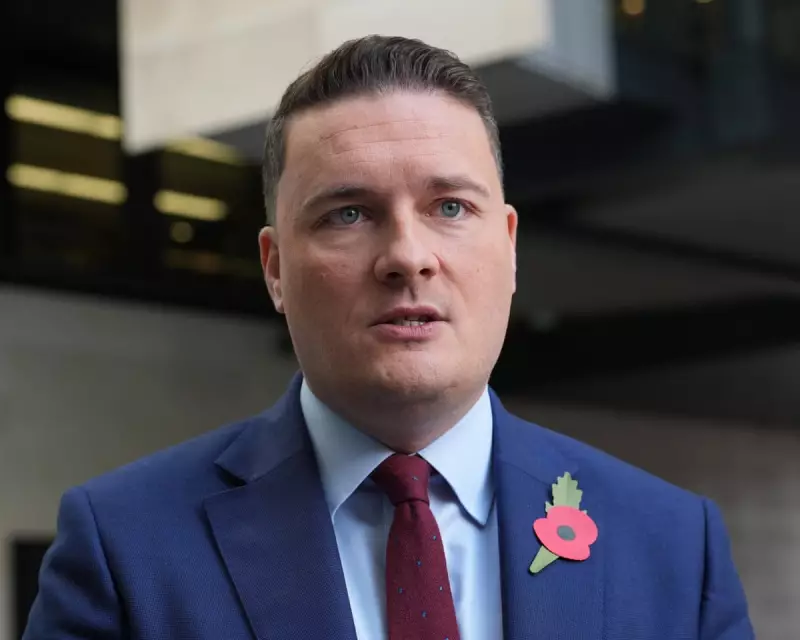
Health Secretary Wes Streeting has delivered a stark warning about the resurgence of ugly racism within the NHS, drawing disturbing parallels with some of Britain's most difficult periods for race relations.
In an emotional address that has sent shockwaves through the healthcare community, Streeting revealed that NHS staff are facing levels of racial abuse reminiscent of the 1970s and 80s, describing the current situation as deeply troubling for the health service.
'History Repeating Itself'
The Labour minister didn't mince words when describing what frontline healthcare workers are currently enduring. "We're seeing history repeat itself in the worst possible way," Streeting stated, highlighting that both patients and colleagues are responsible for the abuse.
He expressed particular concern about the normalisation of such behaviour, warning that the NHS cannot function effectively when its dedicated staff face discrimination simply for doing their jobs.
Frontline Workers Bear the Brunt
The racism affecting NHS workers manifests in several alarming ways:
- Verbal abuse from patients during appointments and emergency care
- Discriminatory treatment from colleagues within healthcare settings
- Microaggressions that create hostile working environments
- Undermining of professional expertise based on racial background
This comes at a time when the NHS is already grappling with severe workforce pressures and retention challenges.
Call to Action
Streeting emphasised that tackling this issue requires immediate and decisive action. He called for stronger reporting mechanisms and better support systems for affected staff, while urging healthcare leaders to take a zero-tolerance approach.
"The NHS was built on the principle of care for all, regardless of background," he reminded the public. "That principle must extend to those who work within it too."
The Health Secretary's intervention marks one of the most direct confrontations of institutional racism within the health service by a sitting minister, setting the stage for potential policy changes in the coming months.





